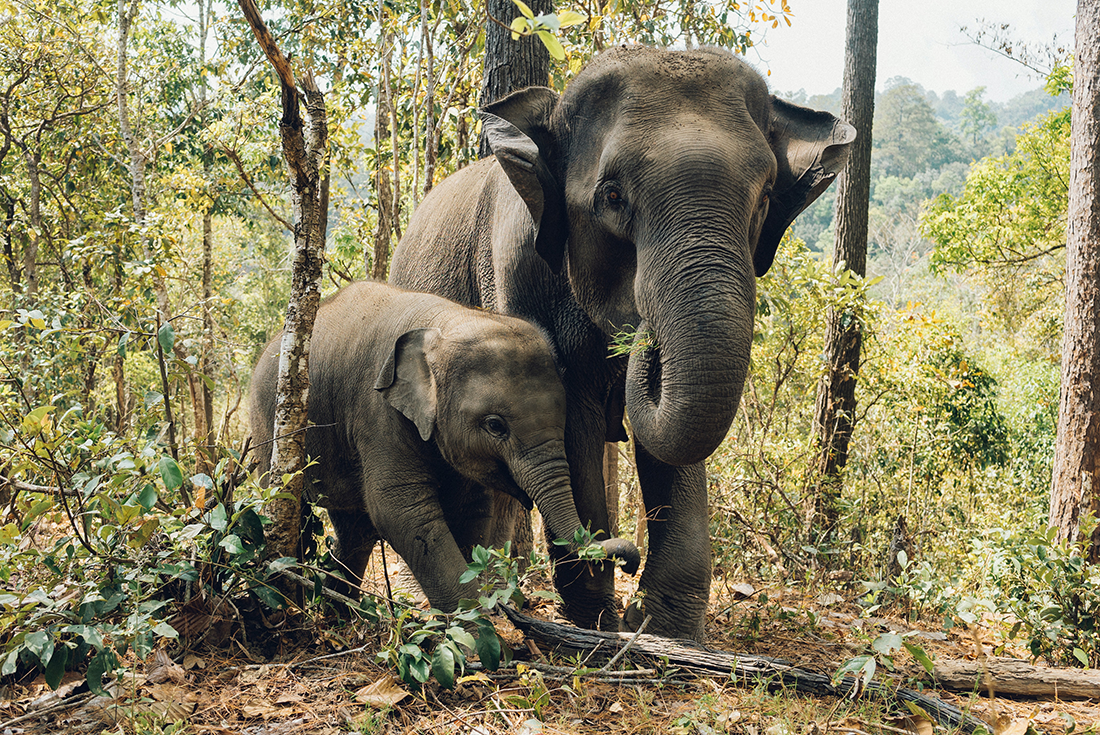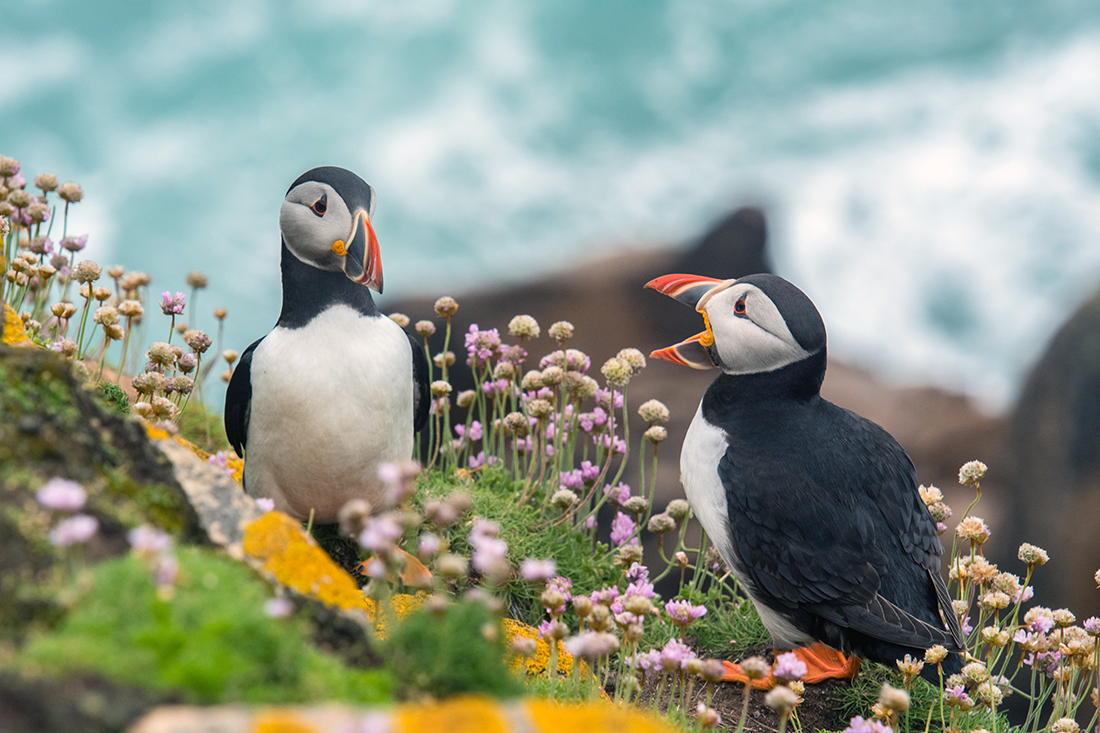Dr Lisa Kemmerer scholar, animal activist and founder of the educational and vegan organisation, Tapestry, explores Christian perceptions of animals and offers advice for those considering veganism.
Tell us about yourself and work as an activist
Thank you for your interest and for inviting me. First, I think the work you do at Sarx is fabulous and extremely important. The religious side of anymal[1] activism has been neglected for decades. Thank you.
I am a scholar activist. My area of study is philosophy – ethics. I have been concerned about anymals since I was a child, and my parents were teachers, so becoming a scholar was in my bones. As a scholar, I have always worked across lines—across species, across causes, across religions. I am now retired and work more intensely in the interface of animal activism and religions.
I founded Tapestry for this purpose: to continue activism more generally, but also to focus on religions. Tapestry provides information free of charge for activists: research and websites, individual mentoring, presentations, and consults. Everything that Tapestry does, we do for free. Book sales and donations fund the rest of what we do.
I am currently working on a website, animalsandreligion.org. This site offers information from Animals and Judaism, Animals and Christianity, Vegan Ethics: AMORE, and the previous publication, Animals and World Religions, free of charge, to people around the world. The website will provide a comprehensive coverage of key teachings inside each religious tradition with regard to anymals. No one else is doing this work because it is (naturally) so complex—it requires a gigantic investment of time in research across religious traditions, as well as connecting with activists of faith from different religious traditions to be sure that the site suits their needs and understandings of their faith. I have completed the research and writing for Judaism and Christianity, and those books are available. We have uploaded Judaism, but need to raise funds to upload Christianity.
Tell us about your new books Christianity and Animals and Animal Ethics: AMORE
Animals and Christianity contains the information that will be on the animalsandreligion website under “Christianity.” The book is written for anymal activists who work with Christians, Christian anymal activists, and Christians in general. The book focuses on the Bible (both testaments), exploring what scriptures have to say about human-anymal relations. The book explains important but often overlooked scriptural details revealing God’s preferred relationship between humans and anymals, provides detailed arguments and counter-arguments on topics frequently raised regarding a vegan diet, explores problematic tendencies in the Christian community were anymals are concerned, survey’s anymal activism in Christianity, and revisits Bible stories that feature anymals to see what they actually say and teach, including the snake in Genesis and Balaam and the donkey in Numbers. The book is a comprehensive, concise, easy-to-read tool kit for understanding Christian anymal ethics and anymals in Christianity.
Vegan Ethics: AMORE is also a tool kit for activists and provides a comprehensive but concise coverage of why any conscientious person ought to be vegan. AMORE stands for
- Anymal suffering.
- Medical complications.
- Oppressions (of human beings, such as those who go hungry while we waste precious foods by cycling them through farmed anymals and those who work in slaughterhouses because people choose to eat flesh and dairy and eggs).
- Religions—I hope you guessed this one: No religion teaches cruelty and exploitation of the vulnerable.
- Environment—Human consumption of anymal products is the core cause of every major environmental problem. (See Eating Earth for complete coverage on diet and environment)
No other book covers all of these important reasons to choose vegan—you would otherwise have to buy a handful of books to get the same information.

How does Christian teaching influence our perceptions of animals?
As you well know, Christianity has many beautiful teachings that ought to shape a compassionate relationship with anymals. But religious leaders, the church, and human beings in general, have neglected and overtly reinterpreted these strong anymal-friendly teachings to serve our more selfish tendencies. As with other problems in churches, power tends to corrupt, and there is no population over whom we have greater power than anymals.
What biblical insights have you found to be particularly important in reshaping our understanding of God’s creatures?
It is important to understand that the New Testament took for granted the earlier, Jewish writings: Unless explicitly rejected, everything in those earlier scriptures carries over. It is in Genesis that we learn that human beings were created on the 6th day with other land anymals, that God created a vegan world and preferred that we not be violent or cause bloodshed (which becomes obvious when God grants flesh-eating in Genesis 9, where the text explicitly records divine displeasure), and where anymals are explicitly (repeatedly) included in the Rainbow Covenant. Psalms and Proverbs describe God’s love and tender care-taking of creatures, and Genesis 2 tells us that we are to serve God by tending creation on behalf of the creator—as God would do. The New Testament accepts the moral importance of these earlier writings, and reiterates the moral pre-eminence of love and self-sacrificing service to God in this world through the example and teachings of Jesus. Anyone reading scriptures with open eyes must reject the common assumption that we are entitled to exploit anymals at our pleasure, for our purposes. Such cruel hubris is not consistent with scriptures.
How have animals been positively treated within Christian tradition? What can today’s generation of animal advocates learn from this?
Most importantly, as noted, anymals are presented in scriptures as morally important, as our kin, as fellow creatures, as the Creator’s and as overseen by the Creator. We are given a vegan dominion to tend creation on behalf of God as the creator would do—absolutely not a license for the tyranny we have chosen. I think the prophets and contemporary Christian anymal activists—like all of you at Sarx—set a beautiful example of Christian teachings and the Christian life of love and good works.
For what faith-based reasons might Christians consider going vegan?
I would answer that question with a question: How can any Christian who is informed of the global harms caused by anymal agriculture (to anymals, people, and the planet—Vegan Ethics: AMORE) continue to consume flesh, dairy, or eggs and expect others to take their faith seriously?

What practical advice would you offer to those exploring veganism for the first time?
Let your faith guide you. Focus on core ethics—love and service (with God at the center). At the end of the day, vegan food is so yummy and healthy and affordable and clean (without suffering and bloodshed) that it is easy to be vegan. Veggie stir-fry is fabulous. And what about rice and beans with salsa and chips? Who needs anything but tofu for protein, which adapts flavor and texture according to the cook’s work, and which is perhaps the healthiest form of protein available. (If you ever read an article against tofu, check the source, you can likely trace it back to meat/dairy/egg industries.)
While anymal industries are heavily subsidized, vegan foods are not, so if you buy processed foods, in particular, they will cost more. That said, if you have a craving for the flavors and textures of flesh, dairy, and eggs—find a vegan buddy to point you to what they find to be the best options so as not to be discouraged by a less-than-perfect random choice. But again, sticking to a whole-food vegan diet is not only healthier, but there is nothing more economical.
With all these incentives, why not make the shift? Anyway, at the end of the day, choosing vegan is a matter of moral and spiritual integrity for Christians.
To learn more about Lisa, please visit her website. If you are able, please support her work at Tapestry. Please help anymals, people, and the planet by gifting copies of Tapestry books to religious leaders, friends, and those who show an interest in choosing vegan.
[1] “Anymal” is a contraction of “any” and “animal,” pronounced as these words are pronounced in English (“any” and “mul”). Anymal indicates all individuals from all species other than that of the speaker/author. In other words, if a human being uses this term, all species except Homo sapiens are indicated, but it is just as true that, if a chimpanzee signs “anymal,” they reference all species (including human beings) except chimpanzees. Using the term “anymal” avoids the use of
- “animal” as if human beings were not animals;
- humancentric, dualistic, and alienating references such as “non” and “other”; and
- cumbersome terms such as nonhuman animals and other-than-human animals.
See Kemmerer, Lisa. “Verbal Activism: ‘Anymals’.” (Society and Animals 14.1 (May 2006): 9-14)




